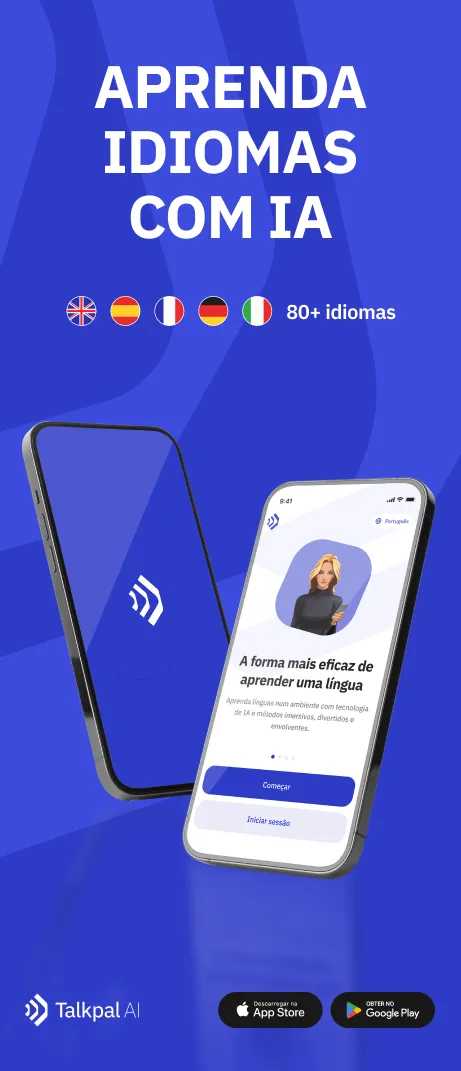Esses exercícios foram desenvolvidos para você preencher as lacunas com a forma correta do verbo no Past Perfect Simple. Escolha a opção correta baseando-se no contexto das frases e use o tempo verbal apropriadamente para indicar que uma ação foi concluída no passado, antes de outra ação também no passado. Vamos começar!
Exercício 1 – Complete as frases com o Past Perfect Simple das palavras entre parênteses.
By the time the teacher arrived, the students *had finished* (finish) their work.
I *had never seen* (never see) such a beautiful sunset before that day.
She *had visited* (visit) the museum three times before it closed for renovation.
They *had gone* (go) out by the time we got to their house.
We *had completed* (complete) our report before the deadline.
Before the movie started, I *had eaten* (eat) all my popcorn.
He *had written* (write) five novels by the age of 30.
The garden was dead because it *hadn’t rained* (not rain) in months.
I realized I *had met* (meet) him before when he mentioned his old job.
We *had decided* (decide) on the venue before she suggested an alternative.
He *hadn’t thought* (not think) it would be so difficult to learn a new language.
Before 1990, she *had never traveled* (never travel) abroad.
I was exhausted because I *had been* (be) awake for over 24 hours.
By the time we called, they *had just left* (just leave) the office.
They told me they *had already seen* (already see) that movie.
Exercício 2 – Escolha a forma correta do verbo no Past Perfect Simple.
The concert *had begun* (begin) by the time we arrived at the venue.
She realized that she *had forgotten* (forget) her purse at the restaurant.
Before we got to the station, the bus *had already left* (already leave).
I couldn’t call you because I *had lost* (lose) my phone.
They *had eaten* (eat) everything by the time I came back with drinks.
He didn’t understand the ending because he *hadn’t read* (not read) the book.
We *had booked* (book) our flights before the sale was announced.
She was surprised that her friends *hadn’t heard* (not hear) the news.
Before the internet, people *had communicated* (communicate) more in person.
I wish I *had known* (know) about the meeting yesterday.
She felt that she *had accomplished* (accomplish) her goals for the year.
They *had walked* (walk) ten miles before they could find any water.
We *had received* (receive) the package before the notification email was sent.
He *had finished* (finish) his homework, so he could watch TV.
They *hadn’t expected* (not expect) such a warm welcome from the locals.










